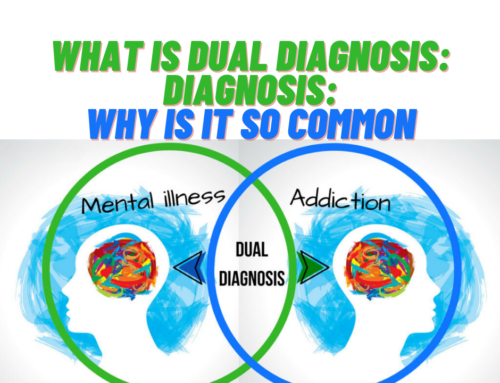Estimates used to be that suicide accounted for almost one-third of all opioid-related overdose deaths. However, new research found that suicide accounted for only 4% of opioid-related deaths.
The study utilized 17 years of data, between 2000 and 2017, to figure out the prevalence of unintentional, suicidal, or unspecified deaths related to opioid use. The research found that the deaths associated with suicide decreased from 9% down to 4% within the examined timeframe.
Shifting the Focus
These findings propose that highlighting the role of suicide in opioid-related deaths may be exaggerated. Therefore, the focus of studying deaths related to opioids should be on the substance use itself.
Researching the intent of suicide in opioid overdoses to understand its role in the opioid crisis is necessary. Also, suicide prevention is imperative, as is developing interventions to battle both the opioid and suicide epidemics.
Looking at other factors that impact the prevalence of suicides is crucial for understanding these trends as well.
Deaths of Despair
There is a trending decline in overall health and well-being in the United States. This decline leads to increases in what is known as “deaths of despair.”
Generally, “deaths of despair” are declines in psychosocial well-being over time. These declines in well-being include issues such as rising medical costs, which lead to an inability to have a financially comfortable lifestyle or to obtain necessary medical care.
These problems also cause increasing income inequality due to economic stagnation. “Deaths of despair” include drug overdoses, liver disease and cirrhosis of the liver, and suicide. Consequently, life expectancy in the United States is declining.
Getting Help for an Addiction
The opioid epidemic is growing, as is suicide prevalence. Identifying the contributing factors to these problems is imperative for solving the root problems. Income inequality and lack of availability of knowledge and resources are at the heart of these issues.
At Alta Loma Transformational Living, you will meet knowledgeable, compassionate professionals that understand addiction in all its forms. Alta Loma uses an integrative and holistic approach to treat addiction and mental health issues.
No treatment is one-size-fits-all, where you will have a team of experts prepared to create your customized treatment plan. We offer care for your mind, body, and spirit, so that you can heal from the inside out and look forward to a lifetime of sobriety and wellness.
If you are ready to take the first step in your recovery, please call us at 866-457-3843.



